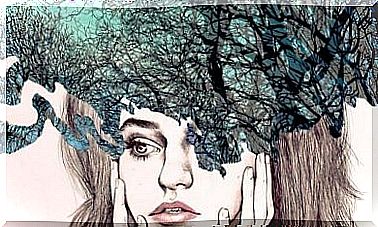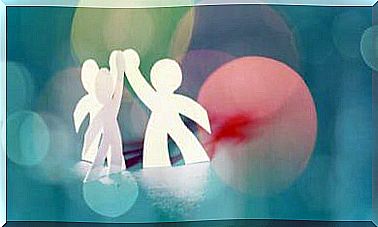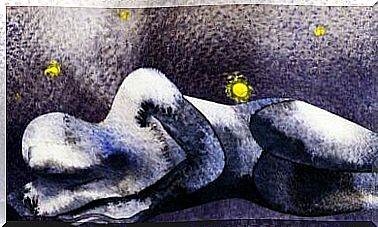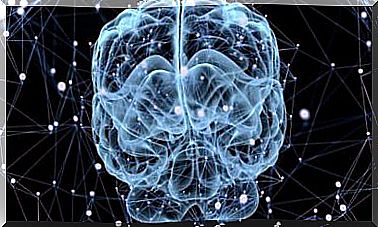How Do People With Depression Perceive Themselves?

We all fought countless battles. Work, family, our relationships… Every day is a new challenge in many ways. In this sense, it is the battle we wage with ourselves that can generate depressive states that paralyze us. Today we know that people with depression tend to broaden the resonance of symptoms.
A report published by Dr. Kopala-Sibley suggests that in depressive states it is advisable to focus less on the symptoms and pay more attention to how you feel about yourself. This could be one of the keys to the origin of depression. And better to treat the origin than the symptoms.
The report’s findings support Higgins’s theory of self-discrepancy. According to this theory, our “I” has three different aspects: the real self, the ideal self and the responsible self. This research carried out by Kopala-Sibley indicates that when there is a discrepancy between the ideal self and the real self, it is very likely that we will find people with depression.

How does self-discrepancy occur?
We build our self-concept based on several variables. We believe that our “I” is a unique entity, when it is not. We have a self that defines us, how we really are and in the present moment, the real self.
But there are other parallel selves, like the “me” that we can become; within this field of possibilities would inhabit the ideal self. The responsible self is also part of the group, which is the one that indicates how we should be based on the customs and social roles that we adopt.
You can be sure of being a competent, intelligent and hardworking person, but if in real life these characteristics do not see their fruit because the work situation that you maintain limits you, the conflict appears. In this case, it is the mismatch between the ideal self and the real self that would pave the way for depression.
For its part, self-esteem also depends on the perceived distance between our real self and our ideal self. Self-esteem is closely linked to our psychological well-being and its erosion makes us more vulnerable to depression. The gray matter levels in people with low self-esteem are lower in those regions of the brain that make it easier to intuit what others think of us.
The internal narrative
Our real self and our ideal self are related based on the story we have built about ourselves and how we think others perceive us. Self-esteem benefits from the fact that this distance is minimal . Thus, it is likely that if signs of depression appear, we are facing a significant discrepancy between the real self and the ideal self.
The internal scripts that we maintain during depressive periods lead us to believe that our ideal self is too far from our real self. In order to bring these two realities closer, we can change our scripts and internal dialogues. Focusing on what we could change to get closer to our ideal self is a good start.
Mindfulness
If after making an internal narrative change, we still consider that there are not many things that can be done to get closer to the ideal self, we can focus on the practice of mindfulness. This type of practice bridges the gap between the real and the ideal self.
The immediate benefit of this type of meditation is that you learn to observe your own thoughts without judging them. Leaving the position of judges considerably improves the depressive state. Gradual self-acceptance in people with depression is another way of bringing these two realities closer together.

Aligning real beings with ideals
Perhaps it is not about reaching perfection, but about admitting that space for improvement as a terrain to improve ourselves. Treating each other with affection provides us with a more relaxed emotional environment to set goals, while discarding others.
A negative emotional state on many occasions sharpens the distance that exists between our real self and our ideal self … until we end up cutting ourselves off with it. The practice of these strategies can help a lot to control our expectations and, therefore, to the frustration that can be derived from them. Depression, in this sense, is probably a wake-up call for us to pay attention to our internal discrepancies and work on them.









